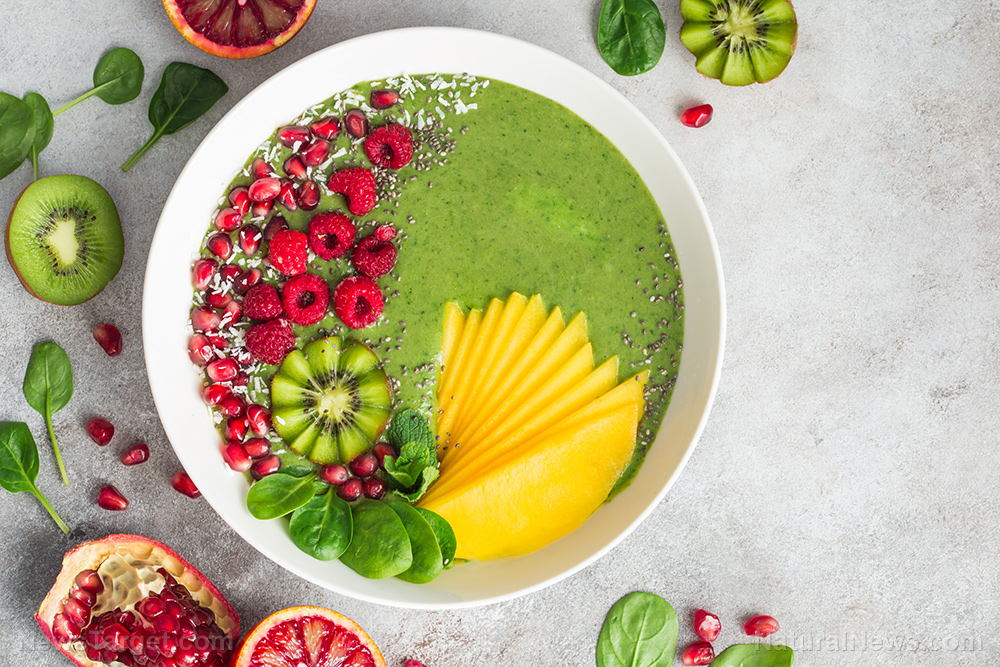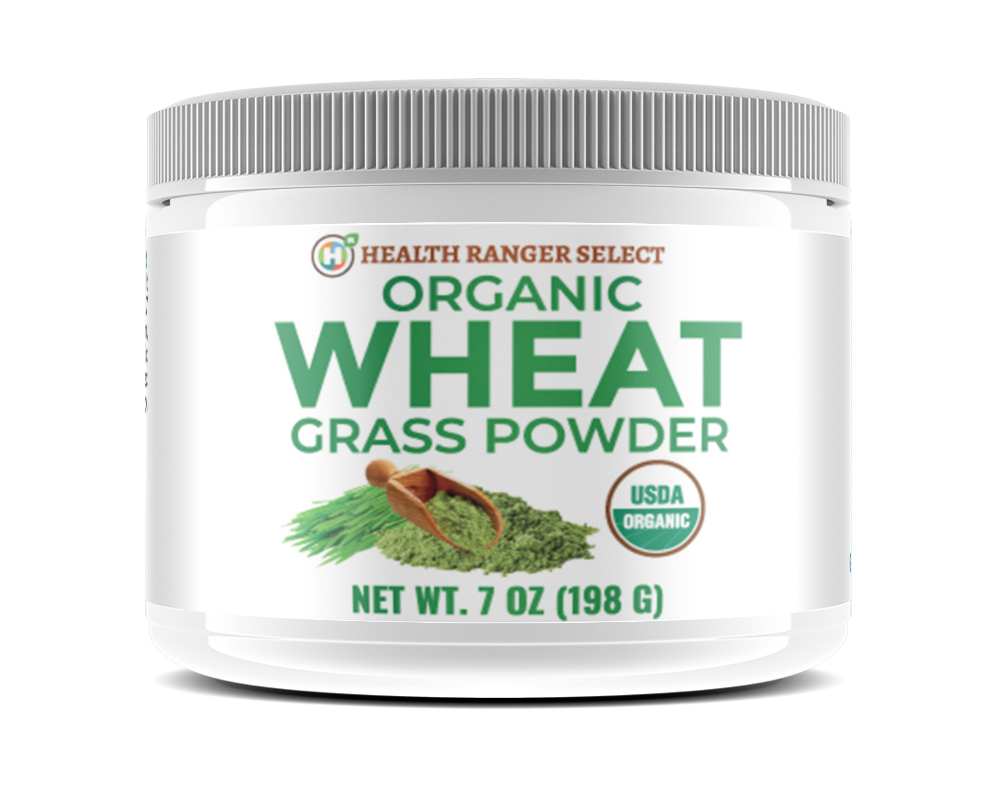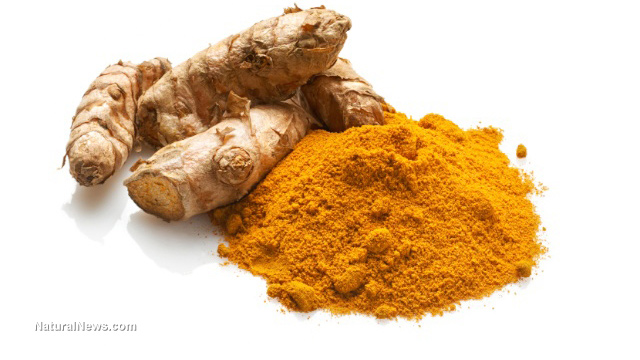Clean food watch: Organically grown produce contains more antioxidants and lower levels of cadmium and pesticides compared to conventionally grown counterparts
02/13/2019 / By Ellaine Castillo

Food safety is a major concern worldwide, especially now that many agricultural chemicals are associated with adverse health and environmental effects. Many people claim that organic crop production is the answer to these safety and environmental concerns. However, existing studies have contradicting results, making it difficult to ascertain whether these claims are true or not. To come up with more conclusive results, European researchers conducted meta-analyses of 343 publications regarding the compositional differences between organic and conventional crops.
The primary difference that organic crop production has over conventional methods is that it prohibits the use of synthetic crop protection products and mineral fertilizers. This is done to prevent harmful minerals and chemicals from being absorbed not just by the plant but also by the environment. The only products that can are permitted by organic standards are those derived from plant or microbial extracts.
Due to the differences in organic and conventional crop production protocols, it is possible that there are also variations in the mineral uptake and metabolism of their resulting crops. Previous studies have shown that switching from mineral to organic fertilizers leads to significant changes in the plant’s gene and protein expression patterns, as well as the secondary metabolites that they produce. These effects are also observed when there a switch from using pesticides to using organic crop protection methods.
In this study published in the British Journal of Nutrition, the researchers conducted a systematic literature review of studies that quantify the composition differences between organic and non-organic crops, with the main focus being secondary metabolites like antioxidants and vitamins, synthetic chemical pesticides, toxic metals, macronutrients, and minerals. They then did weighted and unweighted meta-analyses of the acquired data and proceeded to determine their potential implications.
The results of the study showed that organic produce contained more antioxidants than conventionally grown crops. They specifically observed that the concentration of the polyphenolic compounds phenolic acids, flavanones, stilbenes, flavones, flavonols, and anthocyanins were higher by 19, 69, 28, 26, 50, and 51 percent, respectively. The majority of these compounds have been associated with a lower risk of chronic diseases like cardiovascular disease and cancer.
The team also found that organically grown crops had lower concentrations of the toxic metal cadmium, which causes side effects like nausea, vomiting, diarrhea, abdominal cramps, swelling of the throat, kidney disease, and weak bones. Additionally, they found that there was four times more pesticide residues in non-organic crops. This is worrisome since the consumption of food with pesticide residues can lead to behavioral and learning problems, breast cancer, and a weakened immune system.
From these results, the researchers concluded that organically grown crops contain more antioxidants and have fewer traces of toxic metals and pesticides.
“We have shown without doubt there are composition differences between organic and conventional crops, now there is an urgent need to carry out well-controlled human dietary intervention and cohort studies specifically designed to identify and quantify the health impacts of switching to organic food,” said Dr. Carlo Leifert, a professor at Newcastle University in the U.K. and one of the authors of the study.
Benefits of eating organic produce
If you’re looking for more reasons to go organic, here are some other benefits of organically grown crops:
- Organic produce is often fresher — The strict standards of organic food production ensure that no chemical preservatives are added to fruits and vegetables so you’re sure that they are fresh from the plant.
- Organic produce tastes better — Unlike conventionally grown crops, organic plants are not forced to mature and develop so they are able to produce minerals and sugars that make them tastier.
- Organic produce reduces the risk of antibiotic resistance — Many non-organic crops are treated with antibiotics and other synthetic chemicals that can lead to antibiotic resistance and even alter the immune system. Fortunately, these chemicals are not used in organic crop production. (Related: The easiest way to stop antibiotic resistance is to start eating (and growing) organic.)
For more news articles on the benefits of organic crops, visit Organics.news.
Sources include:
Tagged Under: antioxidants, cadmium, conventional foods, conventionally grown crops, organically grown crops, organics, pesticide residues, polyphenols




















